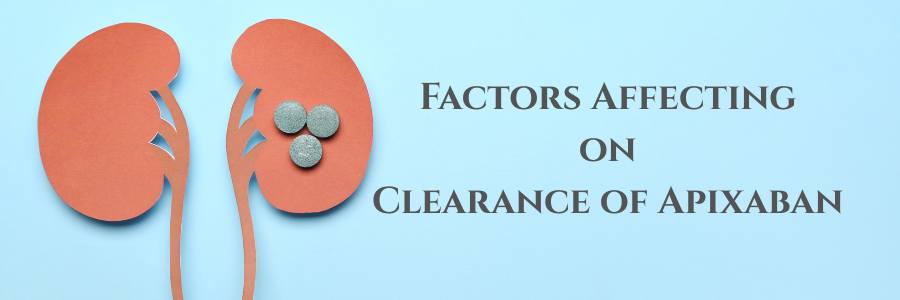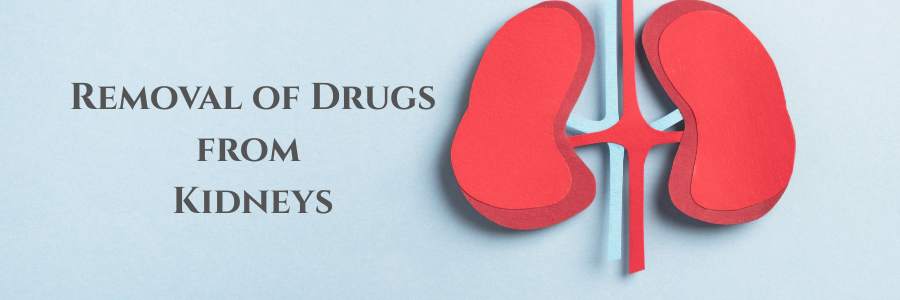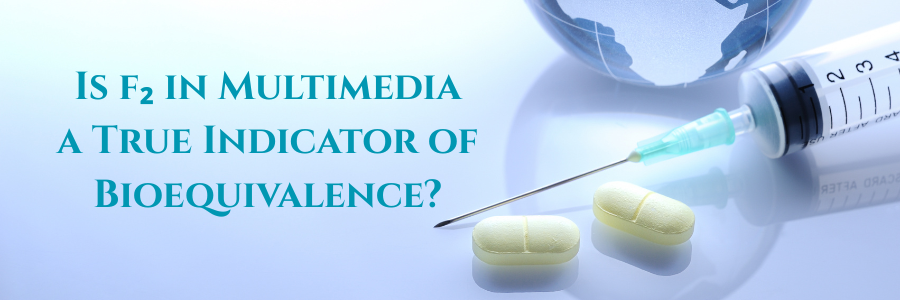Pharma Digests

GAMP 5 System Lifecycle: From Concept to Retirement
Concept Phase — Understanding the Need The lifecycle starts with identifying why the system is needed and how it will support a GxP process. Key activities: Project Planning & Specification This phase transforms user needs into clear, testable requirements. Deliverables include: System Development & Configuration Depending on the system category ... Read More

Global Product Development | Key Steps and Common Mistakes
1. Product Identification & Target Market Definition Steps: Common Mistakes: 2. API and Excipient Selection Steps: Common Mistakes: 3. Formulation Development Steps: Common Mistakes: 4. Analytical Development Steps: Common Mistakes: 5. Stability and Compatibility Studies Steps: Common Mistakes: 6. Process Optimization and Scale-Up Steps: Common Mistakes: 7. Bioequivalence and Clinical ... Read More

Multiple Peak Plasma Concentrations (Cmax) of Drugs
There are several potential reasons for multiple peak plasma concentrations. One of which is gut-liver (enterohepatic) recycling (EHR) of drugs. Why is this EHR important for our health? It explains why our gut health (i.e. gut bacteria) can affect drug handling in our body and its treatment (therapeutic) effect. Read ... Read More

Oral Medication with Food versus When Fasted
Do we know there is a difference when we take medication orally with food versus when fasted? In a field known as pharmacokinetics, we measure the drug levels in blood with time. When we take medication orally, the blood drug concentration will increase to a maximum value (Cmax) at a ... Read More

Cleaning Validation | FDA vs EMA
I have reviewed 50+ cleaning validation protocols this year. And here is what still surprises me: Most companies treat FDA and EMA requirements as identical twins. They are not. The reality is: Last year, a client passed their FDA pre-approval inspection comfortably. Same facility. Same equipment. Same cleaning procedures. Three ... Read More

Differential Binding of Drug to Plasma Proteins and Tissue Proteins
Do we know that substances in blood are being transported around our body by vehicles known as ‘plasma proteins’? In a field known as pharmacokinetics, scientists study how the differential binding of drug to plasma proteins and tissue proteins defines how extensively the drug is being distributed to the bodily ... Read More

Why Vape Laced with Etomidate is Dangerous?
In brain, etomidate binds to and activate gamma-alpha butyric acid (GABA) receptor. This causes amnesia (forgetfulness), ataxia (unstable movement) and confusion. It further affects ‘wiring’ of a small part of the brain (hippocampus) and may retard brain development of young vapers. It also suppresses hormone and affects kidney and lung ... Read More

Alfentanil Interaction with Rifampin
Alfentanil is a potent, short-acting analgesic drug used for anesthesia in surgery. When alfentanil is administered to patients who were pre-treated with rifampin, an anti-tuberculosis drug, its level in our body (i.e. systemic exposure), was reduced 2- to 3-fold! A question arises: What are the rationales behind this interaction? Another ... Read More

Factors Affecting on Clearance of Apixaban
As we develop drugs to be more stable in our body (i.e. less prone to be broken down by liver), guess what is another route that the drugs are being eliminated from our body? It is intestinal excretion of drugs from the blood circulation to the intestinal lumen and out ... Read More

Removal of Drugs from Kidneys
There are three processes that contribute to the removal of drugs in our kidneys. A question arises: How can we easily predict the relative contributions of these 3 processes? Simple solution: Compare renal clearance (CLR) and filtration clearance (CLf)! We may further ask: how do we calculate CLR and CLf? ... Read More

Is f₂ in Multimedia a True Indicator of Bioequivalence?
The f₂ similarity factor is a commonly used mathematical tool in pharmaceutical development to compare the dissolution profiles of a test product and its reference listed drug (RLD). When the calculated f₂ value is ≥ 50, it indicates that the two profiles are similar under the tested conditions. Regulatory agencies ... Read More
